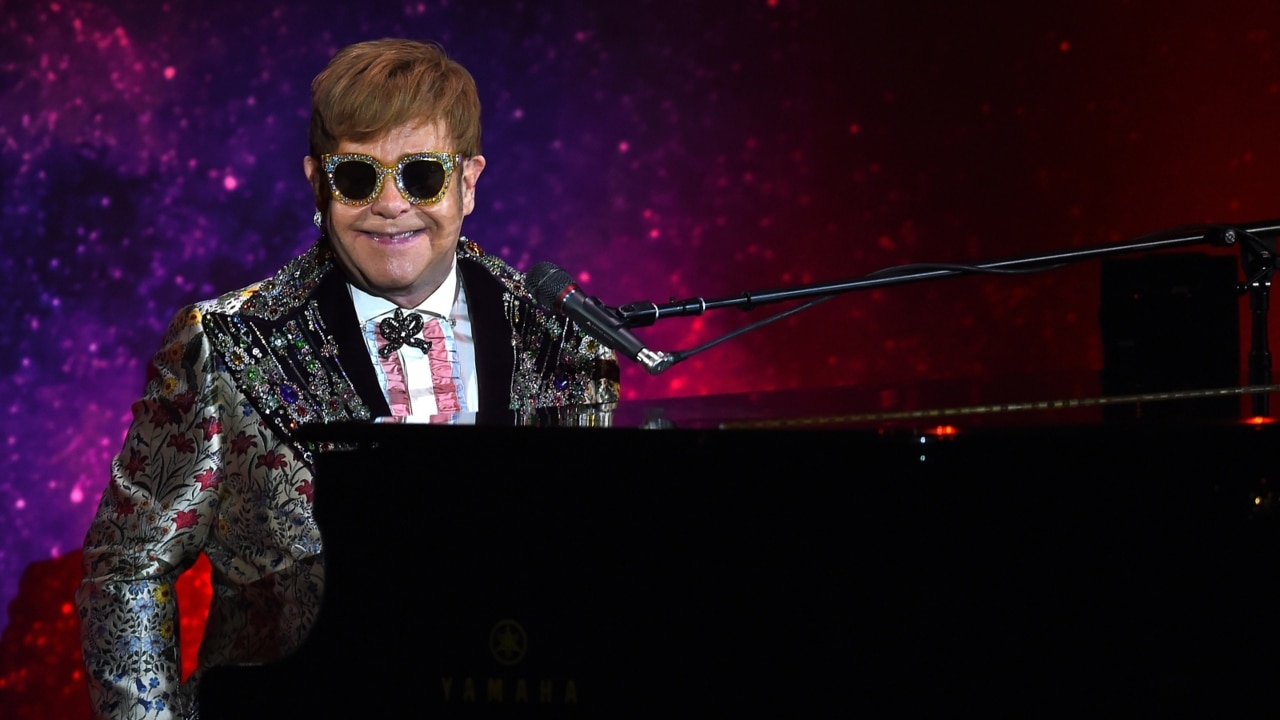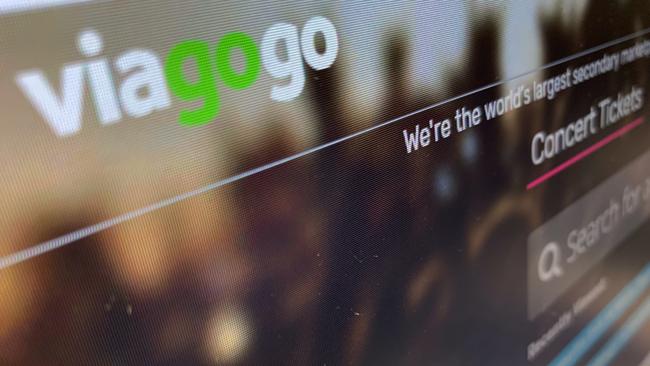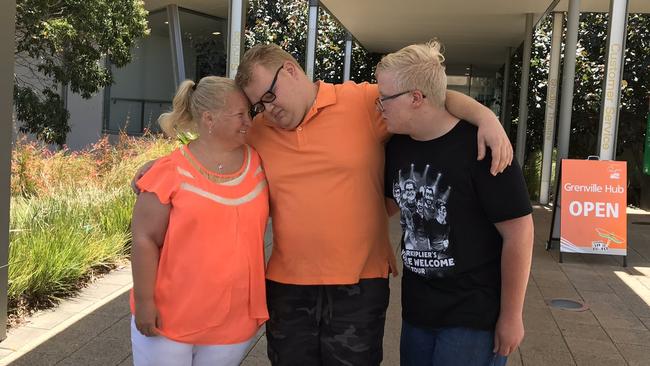David Penberthy: How is Viagogo still allowed to operate?
Ticket scalping websites have a business model of creating baseless panic and preying on confusion. So how are they still allowed to operate in Australia, asks David Penberthy.

Rendezview
Don't miss out on the headlines from Rendezview. Followed categories will be added to My News.
The traditional first wedding anniversary gift is paper.
I’m not sure if tickets to see the militant rap group Public Enemy is what the inventors of this anniversary gift had in mind, but that’s what I stumped for. Happily, the gift was well-received – until we arrived at the venue, that is, where it turned out that the tickets weren’t worth the paper they were written on.
I had unwittingly bought the tickets from a ticket onselling website that has since acquired a prodigious and deserved global reputation for shonkiness.
That website was Viagogo. If you could convert Arthur Daly of Minder fame into website form, he would come out as Viagogo.
This unscrupulous business is the digital embodiment of the old East End spiv, touting scalp tickets to football games or selling crockery sets out of a car boot.
It is questionable as to why Viagogo is even legal at all, as it formalises the practice of scalping, giving a platform to talentless bludgers who in lieu of a reputable income stream choose to make a quid by buying tickets en masse and selling them at an inflated price.
The reason I was silly enough to use Viagogo was a demonstration of the twin evils of its business model – panic and confusion.
I panicked because upon typing the words “public enemy tickets adelaide” into Google, the first hit I got was Viagogo telling me the concert had sold out, even though I later discovered it had not.

However, being desperate to get the tickets for our anniversary, I decided to buy them there and then out of fear of missing out. And being technologically challenge, I assumed that with the concert being sold out I had no choice but to use their services to buy these purportedly rare tickets, because Viagogo billed itself as the official reseller.
Next thing I knew my wife and I were standing outside the venue with a confused doorman saying he didn’t recognise the tickets and explaining the show wasn’t even close to being sold out anyway.
He also pointed out that I’d been totally ripped off, with Viagogo charging me an extra 40 bucks on top of the door price as a booking fee.
MORE FROM DAVID PENBERTHY: We’re making childhood fears so much worse
This was almost seven years ago. In that time, the conduct of Viagogo has remained unchanged, and possibly even worsened. The hundreds of people being turned away at Elton John concerts around Australia suggests the company has continued apace with its business model of creating baseless panic and preying on confusion.
Earlier this year ACCC chairman Rod Simms gave Viagogo a whack with a report finding that panic and confusion were indeed the cornerstone of the company’s business model. The ACCC even found Viagogo would effectively lie, or at the very least be deliberately evasive about the number of tickets that were still available for shows.

“Viagogo’s claims misled consumers into buying tickets by including claims like ‘less than 1 per cent tickets remaining’ to create a false sense of urgency,” Mr Sims said, explaining that Viagogo would make these claims based on the number of tickets it held, rather than the number generally available through reputable companies such as Oztix, Ticketek or Ticketmaster.
In light of these findings, Google announced in July it would no longer allow Viagogo to buy its way up the search rankings by paying a search fee.
Yet in the past month, Google changed its mind. For thousands of Australians, their first hit upon searching for Elton John tickets this past month was Viagogo, which has again been allowed by Google to start buying the number one ranking by paying an undisclosed sum on what the digital gurus call SEO, search engine optimisation.
MORE FROM DAVID PENBERTHY: The Left are now doing the Coalition’s hard work for them
Victims of this scamming included a young couple in Adelaide with a baby and a toddler who had barely left the house for three years and were hoping to enjoy the rarest of rare adult time together, and the mother of a boy with autism who wanted to hear I’m Still Standing, and who would have been left standing outside if not for the fact a kindly stranger paid for two new general admission tickets as they were being refused entry ahead the queue.

It’s a disgrace Google is letting these shonks buy their way to the top of the search pile even though they are selling tickets that are often dishonoured by venues.
Viagogo insists only 1 per cent of its tickets are fakes and it is merely providing a reselling service that would exist through old-fashioned touts lurking around outside venues their service were not provided online. Many would argue – and they include a slew of great bands and also music industry legends such as Michael Gudinski – that Viagogo is making a bad situation worse by incentivising scalping.
Hopefully it will get to the point where our state governments or federal government simply disable the site from operating in Australia.
They add nothing to this country, they’re based in Switzerland, and the Australian branch has been found guilty by the ACCC of deceptive and misleading conduct – and faces potential penalties of millions of dollars when the Federal Court hands down its judgment in April next year.
We did end up seeing Public Enemy that night but only because, very decently and generously, the venue honoured the tickets anyway, with the owner telling us he intended to go through Consumer Affairs to investigate the scam.
The job shouldn’t fall to small venue operators to mop up the fallout from this deceitful conduct. The conduct should simply be stopped, and the government has the power to do it. As Chuck D from Public Enemy would put it, we’ve got to fight the powers that be.

